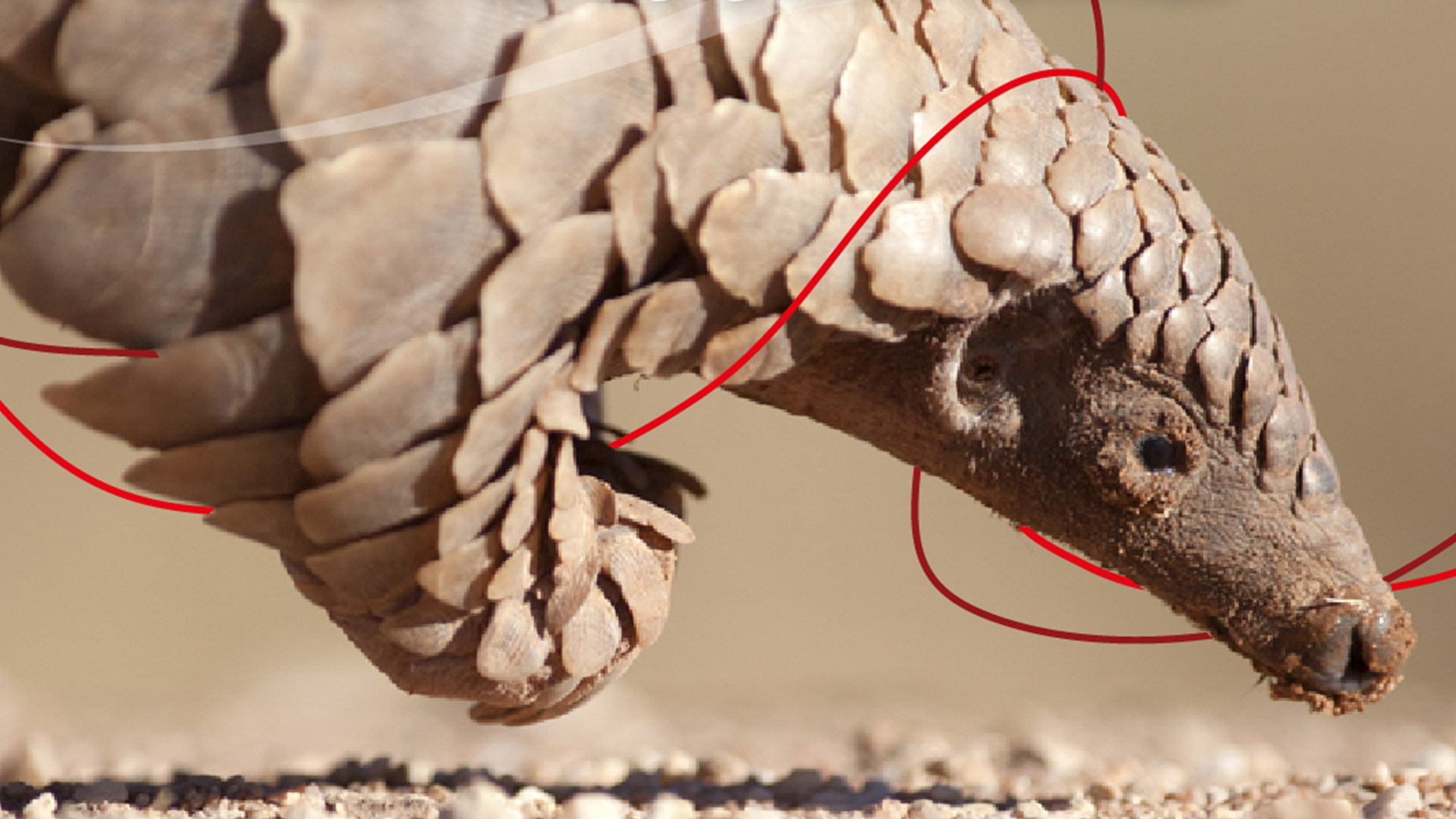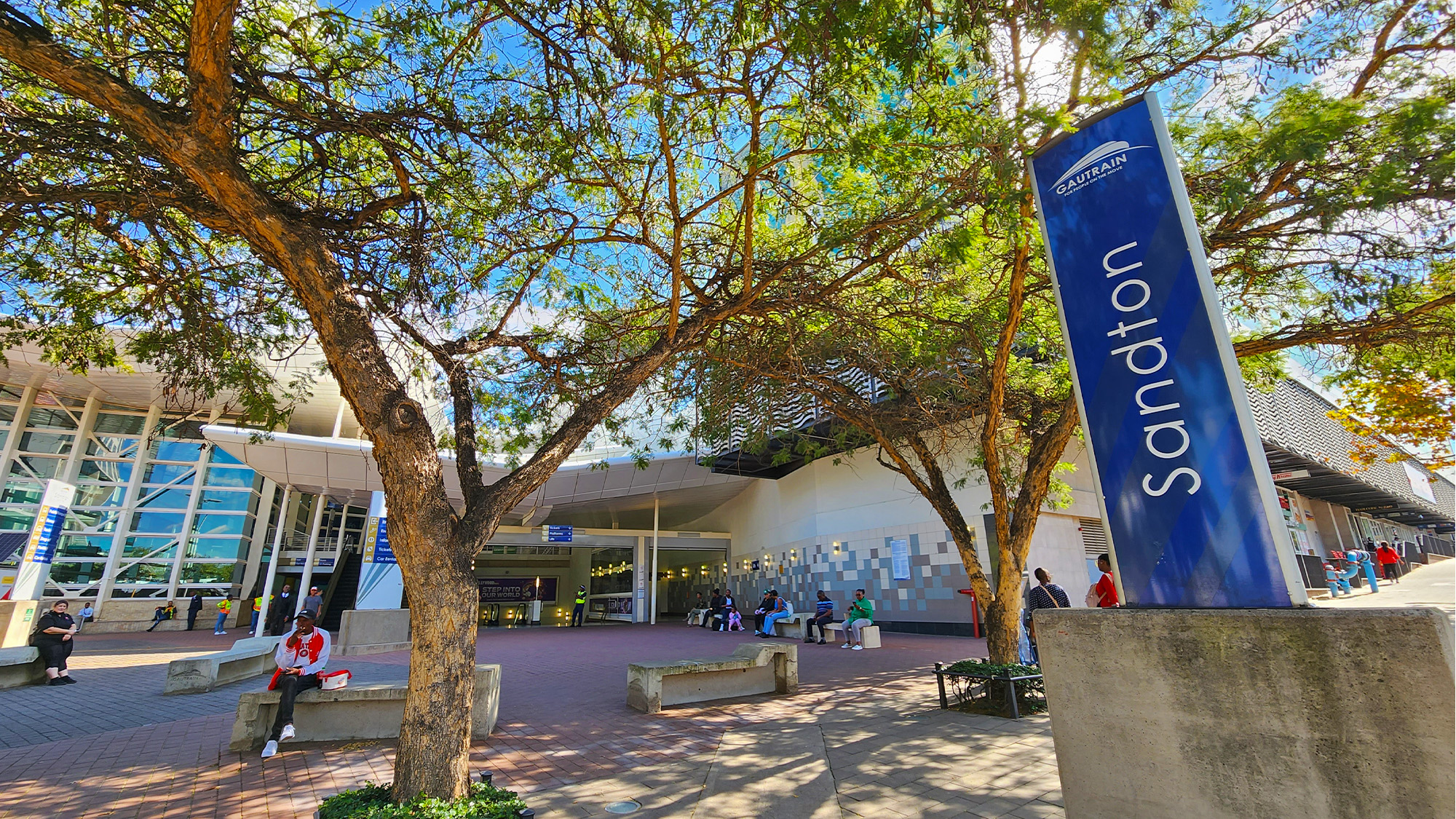In what appears to be an unconnected link to wildlife, the Gautrain Management Agency (GMA) is dedicated to supporting organisations which focuses on rescues, rehabilitation and conservation of all wildlife species along the Gautrain alignment.
- The Johannesburg Wildlife Veterinary Hospital (Joburg Wildlife Vet) is a non-profit organisation located in Midrand close to the Gautrain route.
- The organisation treats all indigenous wildlife free of charge and rely solely on the support of the community and corporates.
- The GMA has partnered with Joburg Wildlife Vet to create awareness about the vision and mission of the organisation, as well as the rescue and rehabilitation of various indigenous wildlife species, more specifically, Pangolins.
- Visit www.sandtontimes.co.za for more stories.
Also based in Midrand is the Stephens Tapestry Studio, a 60-year old family-owned business, led by Marguerite Stephens (affectionally known as “Mags”). Mags assisted in transforming a vision that her friend of over 30 years, Marilyn McDowellis, had, depicting a mother pangolin carrying her Pangopup. Together they conceptualised a tapestry piece that represents the history, fragility, and beauty of the crucially endangered Pangolin species.
The pangolin species’ 80-million history is illustrated though the two Red Threads on the tapestry, linking the past with the future and accentuating the importance of protecting and preserving this prehistoric species for generations to come. It represents the tracks of regeneration and the hope of continuity, equivalent to the tracks of Gautrain representing a passenger’s continuous journey and connection between past and future.

Pangolins are currently listed as the most trafficked mammals in the world. This is due to the high demand for their scales and claws that are used in traditional medicine and folk remedies; and their meat, which is considered a delicacy in various Asian countries and consumed as bush meat in some African countries. These solitary, and primarily nocturnal animals are critically endangered and are protected under national and international laws.
Female pangolins have a gestation period of approximately 5 months and give birth to just one live baby Pangopup per year. The Pangopup has soft pink scales which only hardens after a couple of days. The Pangolins scales are made up of keratin, which accounts for about 20 percent of its bodyweight. It has a small head and a long, broad tail, no external ears, but its hearing is quite good.
Pangolins have no teeth, utilising their tongues – which can extend for up to 40 centimeters – to forage for ants and termites in insect mounds. A mother Pangolin will carry her Pangopup on her tail for three to six months. She will curl up and shield her baby when they sleep or whenever she feels threatened. Like the Pangolin, Gautrain values their passengers and the trust they have in the system, working hard to ensure safe, environmentally friendly travels, in a protected setting, on their journeys to their destinations.
Stand a chance to WIN with The Sandton Times.
Advertise on The Sandton Times today!
Head back to The Sandton Times Home Page for more stories.













